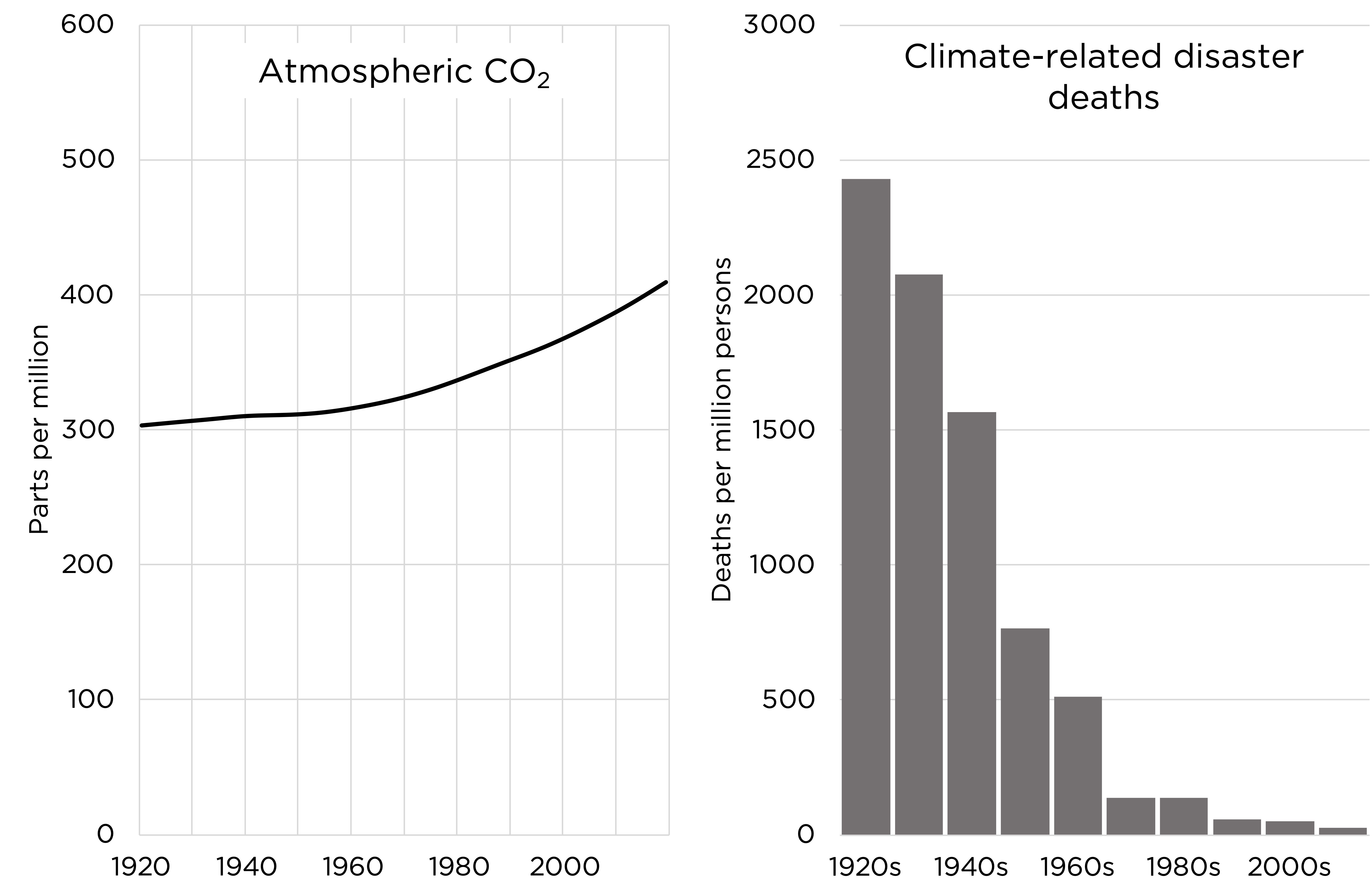The Biden Administration's Department of Health and Human Services has launched an office that will "treat climate change as a public health issue"--including by compelling hospitals to emit less CO2. If this office is not stopped it will absolutely kill people.
-
The Wall Street Journal Reports that The Office of Climate Change and Health Equity "could eventually compel hospitals and other care facilities to reduce carbon emissions." Forced emissions reductions always make energy more expensive or less reliable.1
-
Hospitals have significant energy costs--often 50% of their facility budgets--and they depend on ultra-reliable energy. Is the Administration going to raise their prices so they use less energy? Is this Administration going to force respirators and incubators to run on unreliable solar and wind?2
-
As the Wall Street Journal reported, during the pandemic "many hospitals have had to run air-purification systems at a higher level, resulting in increased energy use and more carbon emissions." Would the Biden Administration have forbidden that, killing people to reduce CO2?
-
The idea that restricting CO2 emissions at hospitals is going to help poor people by protecting them from climate change is absurd. The number one health risk is poverty. Nothing matters more to the poorest Americans than economic opportunity.
-
The Biden Administration's support of a "Clean Energy Standard" is a guaranteed prescription for mass poverty, that would harm everyone's health, especially that of the poorest Americans.3
-
We know that lower incomes are associated with worse health outcomes since income impacts things like our ability to afford healthy food, preventative health care, quality health insurance, and costly medical treatments.
-
Poor adults report being in fair or poor health five times as often as adults in families making more than $100,000. And lower incomes translate into significantly lower expected lifespans.4
-
The less wealthy you are, the less healthy you are: even Americans in the top 10 percent of incomes have worse health outcomes on average than Americans in the top 1% of incomes. Any policy that harms prosperity harms health.
-
Human beings are impacting the climate, but there is no climate crisis. In fact, using low-cost, reliable energy from fossil fuels we have made ourselves far safer from climate than ever.5

-
If the Biden Administration actually cared about CO2 emissions, it would liberate nuclear energy, the best hope for low-cost, reliable, global-scale non-carbon energy. But instead of liberating nuclear, it is trying to deprive our hospitals of energy.6
-
The whole idea that "climate change is a public health issue" is a fraud. Climate change involves slow global warming, concentrated in colder regions, in a world where cold-related deaths far exceed heat-related deaths.7
-
The real "public health issue" is this Administration's irrational climate change policies that, by making energy more expensive and less reliable, promote health-destroying poverty and deprive us of the affordable heating and AC we need to be safe from dangerous temperatures.
-
I am in Austin today and it's 92°. If not for 170 years of fossil fuels maybe it would be 90°.
Would any climate catastrophist trade 92° with AC for 90° with no AC--and without the abundant food, clothing, shelter, medical care, and free time fossil fuels make possible?
References
-
Alex Epstein - Snappy Answers to Energy Questions WSJ - Climate Change to Be Treated as Public-Health Issue↩
-
Grumman/ Butkus Associates - 2017 Hospital Benchmarking Report Released
U.S.Energy Information Administration - Energy Characteristics and Energy Consumed in Large Hospital Buildings in the United States in 2007↩ -
Urban Institute - How Are Income and Wealth Linked to Health and Longevity?↩
-
Alex Epstein - Talking Points on the So-Called Climate Crisis
For every million people on earth, annual deaths from climate-related causes (extreme temperature, drought, flood, storms, wildfires) declined 98%--from an average of 247 per year during the 1920s to 2.5 in per year during the 2010s.
Data on disaster deaths come from EM-DAT, CRED / UCLouvain, Brussels, Belgium – www.emdat.be (D. Guha-Sapir). Population estimates for the 1920s from the Maddison Database 2010 come from the Groningen Growth and Development Centre, Faculty of Economics and Business at University of Groningen. For years not shown, the population is assumed to have grown at a steady rate.
Population estimates for the 2010s come from World Bank Data.
-
NOAA - Climate change rule of thumb: cold "things" warming faster than warm things
Zhao et al. (2021) Bjorn Lomborg: Climate change and deaths from extreme heat and cold↩
